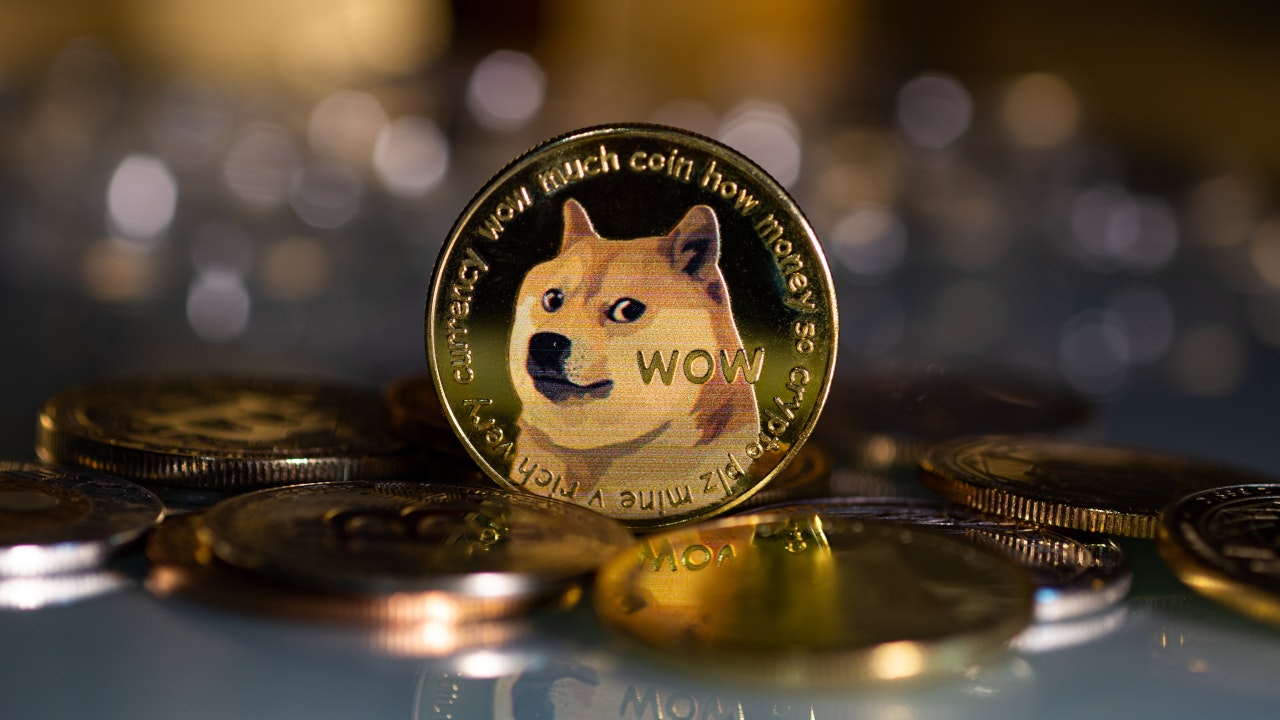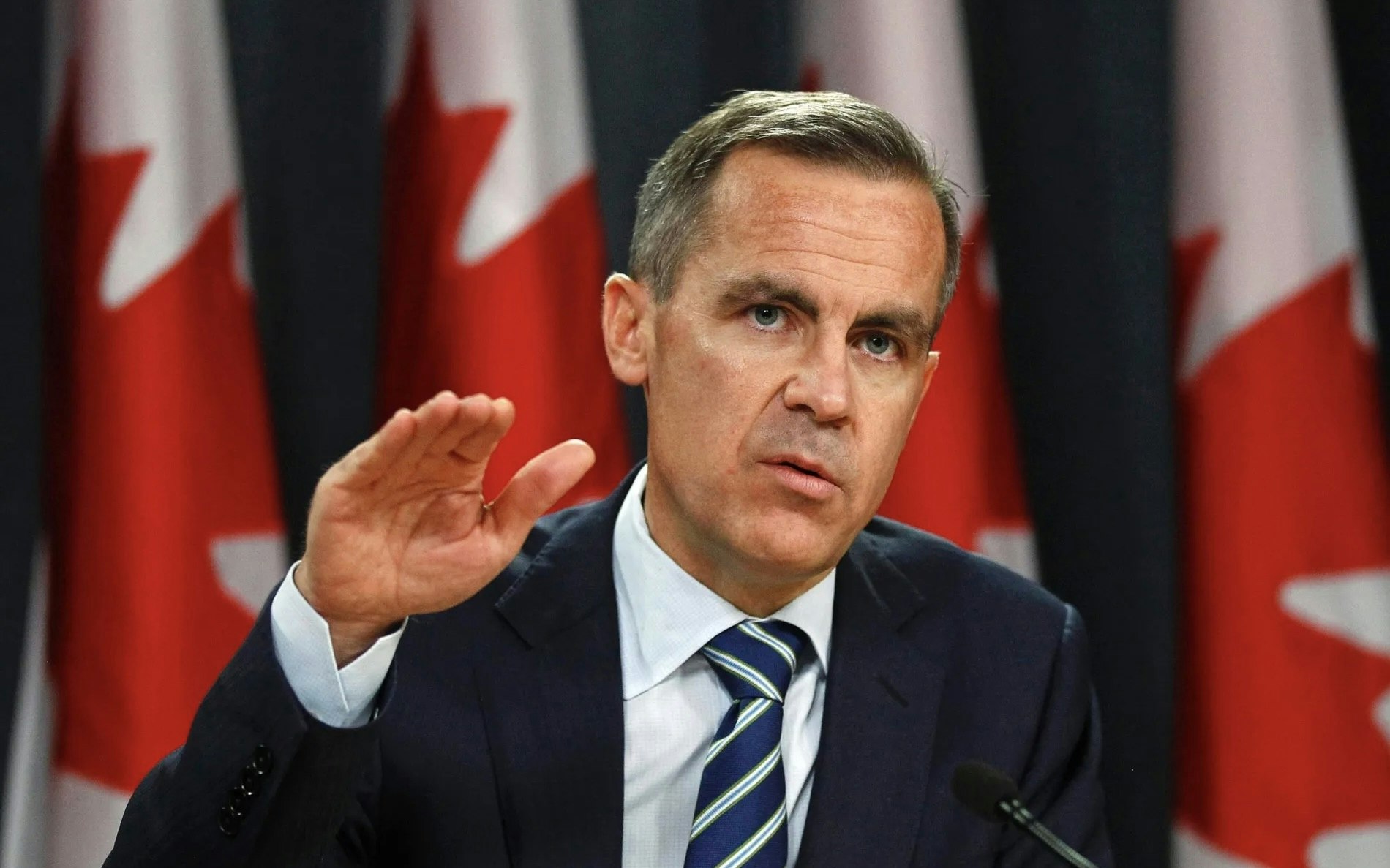Crypto
What if DogeCoin became the official currency of the USA?
From global wealth redistribution to interest rates determined by cricket matches – we take a look at these provocative financial issues.

Imagine: DogeCoin, the popular meme cryptocurrency, becomes the official currency of the United States. Elon Musk and Donald Trump orchestrate the change, dismiss the chairman of the Federal Reserve, and declare DogeCoin the new lifeline of the nation.
At first glance, that sounds funny – until you try to buy a coffee. The extreme volatility of DogeCoin, fluctuating from fractions of a cent to over 30 cents within weeks, makes it almost impossible to set stable prices. Today your coffee costs 10 DogeCoins, tomorrow maybe 100. Would we resort to barter or unofficially peg prices back to the surviving US dollar?
Cryptocurrencies like Bitcoin and Dogecoin are excellent for speculative investment but disastrous as a currency. Stability – the backbone of every successful currency – is lacking. In the past, societies often resorted to easily identifiable commodities like salt, cigarettes, or even coffee in times of unstable currencies. Perhaps in a Dogecoin era, Americans would unofficially revert to using the dollar as a reference value – if it still exists.
And what about other creative ideas? Let's take the thought experiment of distributing all global wealth equally to all adults. With a global wealth of 450 trillion US dollars, everyone would receive about 75,000 US dollars. Theoretically, this sounds ideal – until reality hits.
Let's consider homeowners: If your property is worth $375,000, five times your redistributed share, you would only own 20% of your house after the redistribution. The other 80% now belongs to strangers, perhaps a family in Turkmenistan. Paying rent to them would certainly be unpleasant – but that's equality.
Even if the first redistribution succeeds, inequality would almost immediately reemerge. Some would save, others would spend the money, and a few would invest wisely. Today's economic dynamics would start anew – raising the question: When is the next reset?
What if governments taxed leisure instead of money? Imagine having to work two days a week as a teacher or police officer to fulfill your tax obligations. This could theoretically reduce the gap between the public and private sectors, but efficiency would inevitably suffer. A corporate lawyer, for example, might earn enough to finance several teachers, but as a part-time teacher himself, he would probably struggle to effectively manage a class.
Then there is the idea of determining interest rates through cricket matches. The so-called Net Run Rate—a statistic that measures the speed at which cricket teams score points—would set the central bank's interest rates. Such a chaotic system could cause economic cycles to fluctuate extremely. Or perhaps central banks would hire professional cricket players to influence the outcomes in their favor.
And finally, a future scenario with "Monopoly money".
Whether DogeCoin, Monopoly money, or cricket-driven economies – these scenarios reveal a central truth: stability and practicality trump any exciting idea. Nevertheless, they offer entertaining material for thought experiments.



